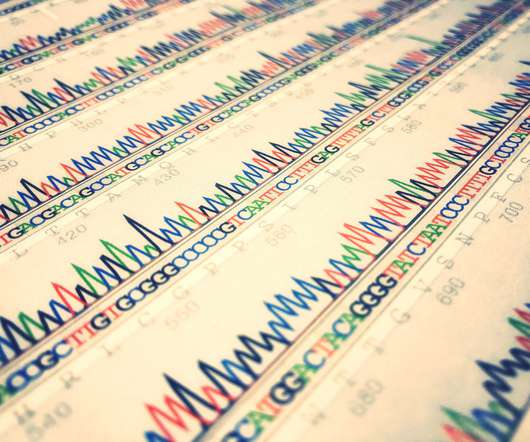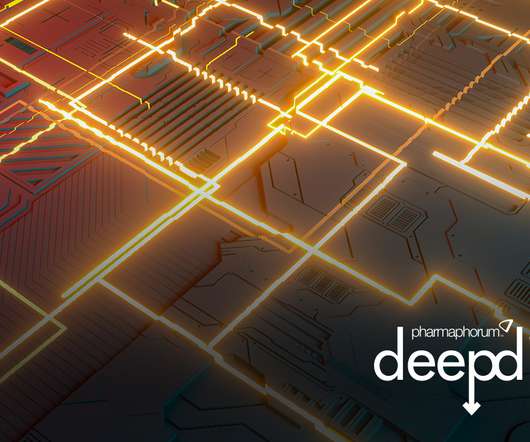Bioinformatics Jobs: How to Succeed in This Competitive Space
XTalks
APRIL 5, 2021
Bioinformaticians use a combination of mathematics, computer science and biology to help scientists make sense of the data gathered from research projects. The Human Genome Project could not have succeeded without the use of bioinformatics. Wondering which bioinformatics job is right for you? Bioinformatics Analyst.













Let's personalize your content